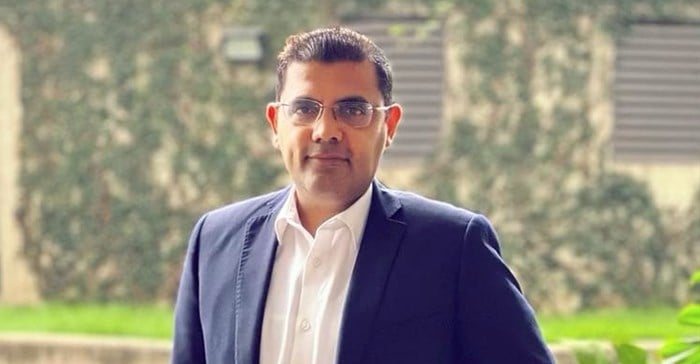
Top stories






More news

Marketing & Media
Ads are coming to AI. Does that really have to be such a bad thing?















The number of visa applications processed in 2022 from South Africa has increased more than five times over the last year. This increase was primarily driven by a high pent-up travel demand. With the opening of international borders, easing travel restrictions, and the resumption of regular international flights, the industry is witnessing peak ‘revenge’ travel.
In terms of visa application volumes, Australia emerged as the top location for outbound travel from South Africa, and second to that was Canada. Schengen countries like Italy and The Netherlands also witnessed an increase in visa applications. The resumption of in-campus classes at overseas universities was also a major contributing factor to the spike in outbound traffic. Events such as the ICC Cricket World Cup held in Australia played a major role in the recent increased visa counts. These locations will see strong demand from South Africans going into this next year.
Key trends that will impact international travel in 2023 include:
Artificial intelligence, machine learning, and data analytics will fundamentally change border management, enabling Smart Borders a few years from now. However, the adoption of these technologies is currently relatively limited.
These emerging technologies would enhance border officials' judgment through AI-enabled intelligence in analysing biometric markers such as facial recognition. Next in line, data analytics can help detect suspicious profiles by analysing various data points that passenger submits, right from booking an air ticket to applying for a visa and subsequent transit interface.
Locally, South Africa initiated the biometric capturing systems at international airports countrywide in 2016 to protect its national security. The initiative has emerged as a more reliable security measure despite an extensive authentication procedure.
While digital technology has made our travel journeys convenient, it comes with its fair share of risks. Given the rapid rate at which businesses have had to modernise their services by going the digital route, combined with the large amount of personal data now being accumulated, the risk of data breaches and their impact has severely increased.
Given such risks, protecting data sets, including the training data, becomes critical. Core security principles of encryption, access control and authentication, logging and monitoring have become increasingly important and should be included right from the design and development stage of the systems. Overall, securing just the algorithms and data sets is not enough, rather, an end-to-end approach to applying security by design should be adopted and managed on an ongoing basis.
VFS Global, for instance, complies with various data localisation, privacy, and protection laws, including the EU General Data Protection Regulation (GDPR).
Post-pandemic, the world is also moving to an era where many travellers are making conscious decisions to reduce travel emissions and carbon footprints, support local communities, save water and energy, or even seek eco-friendly accommodations. The recent rise in eco-conscious travellers who seek to travel sustainably is also changing how businesses and locations are operating now from their ‘business as usual” attributes to looking to transform journeys by offering meaningful experiences.
With health considerations that have prioritised the need for safe travel, this shift in travellers' expectations has fuelled the emergence and acceptance of contactless and Do it Yourself (DIY) technologies. Seeing the wider acceptance of digital services that enhance customer convenience by minimising physical contact we introduced services such as Digital Document Check (DDC) which enables customers to verify documents before visiting a visa application centre, thereby streamlining, and shortening the in-person experience.
Similarly, VFS Global’s Visa At Your Doorstep (VAYD) service provides customers with an end-to-end visa submission facility at a location of their choice. The popular service which can now be booked through WhatsApp in some markets has witnessed a strong demand ever since travel resumed in 2022.
Digitisation of the tourism industry is not just limited to bookings or the use of the internet to search for locations and flights but to the entire experience itself, with every step being modified adding convenience for travellers. Governments and other stakeholders will continue to seek and develop new technologies that will enable a smoother international journey and boost cross-border mobility.
